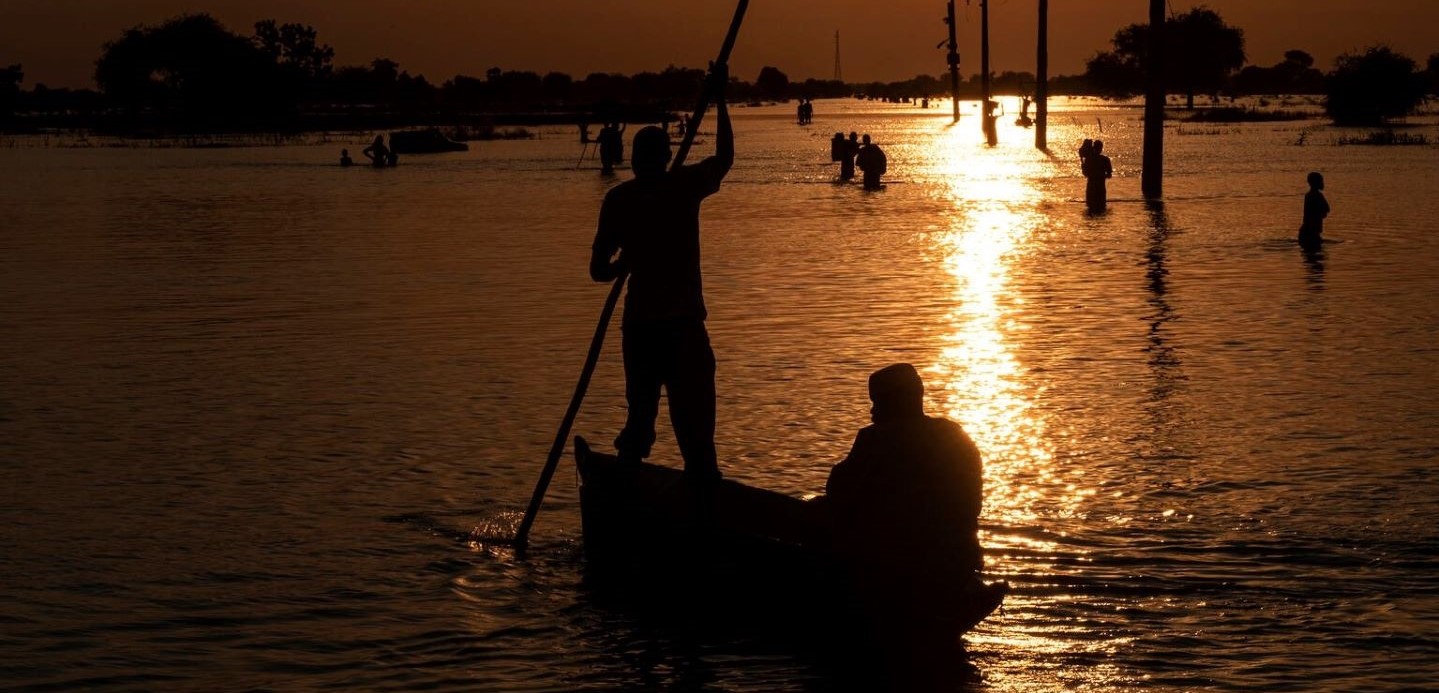An alarm we can no longer ignore: IFAD’s reaction to IPCC’s latest report
IFAD Asset Request Portlet
Asset Publisher
An alarm we can no longer ignore: IFAD’s reaction to IPCC’s latest report
Estimated reading time: 2 minutes
It’s time to wake up. We can no longer ignore the alarm bells.
Some 3.4 billion rural people who are highly vulnerable to climate change rely on the world taking action.
The IPCC’s new report, “Impacts, Adaptation and Vulnerability”, underscores the urgency of climate change adaptation.
“Science has again spoken forcefully”, says Dr. Jyotsna Puri, IFAD’s Associate Vice-President and climate expert.
Already, increased global temperatures are undermining food production and access to food, with impacts concentrated in poorer regions, including sub-Saharan Africa, South Asia, Central America and Small Island States.
As temperatures continue to rise, not only will hunger and poverty increase, but so too will instability, migration, and conflict.
Against this backdrop, IFAD is calling for an immediate and substantial increase in investments to help small-scale farmers build their resilience. “Current levels of climate adaptation finance are nowhere near what is needed”, says Puri.
The world needs small-scale farmers. They produce one third of our food. Yet, they receive less than 2% of climate finance.
If we don’t adapt now, we will miss a rapidly closing window of opportunity to secure a sustainable future for rural people. Puri stresses that “there is a point beyond which ecosystems and farmers won’t be able to adapt anymore.”
Recognising the essential role women, youth, Indigenous Peoples, and local communities play in sustainable, legitimate and effective climate action is highlighted in the report. They must be included in decision making and solutions.
The report also underscores how the health of our planet relies on the interdependence between climate, biodiversity, ecosystems, and human societies. Each has an impact on the other.
That’s why IFAD supports and is already implementing many of the solutions proposed in the report, including nature-positive practices like agroecology, agroforestry, and eco-management.
Over the next 3 years, IFAD will dedicate at least 40 percent of its core resources to climate finance. It is currently mobilising $500 million for its climate fund ASAP+ which aims to be the largest fund dedicated to channelling climate finance to small-scale producers.
Puri reiterates her key takeaways from the report. “We need investments and action now. There is no time to lose.”
Read the latest IPCC report. Explore IFAD’s work on Climate and the Environment.
Publication date: 28 February 2022